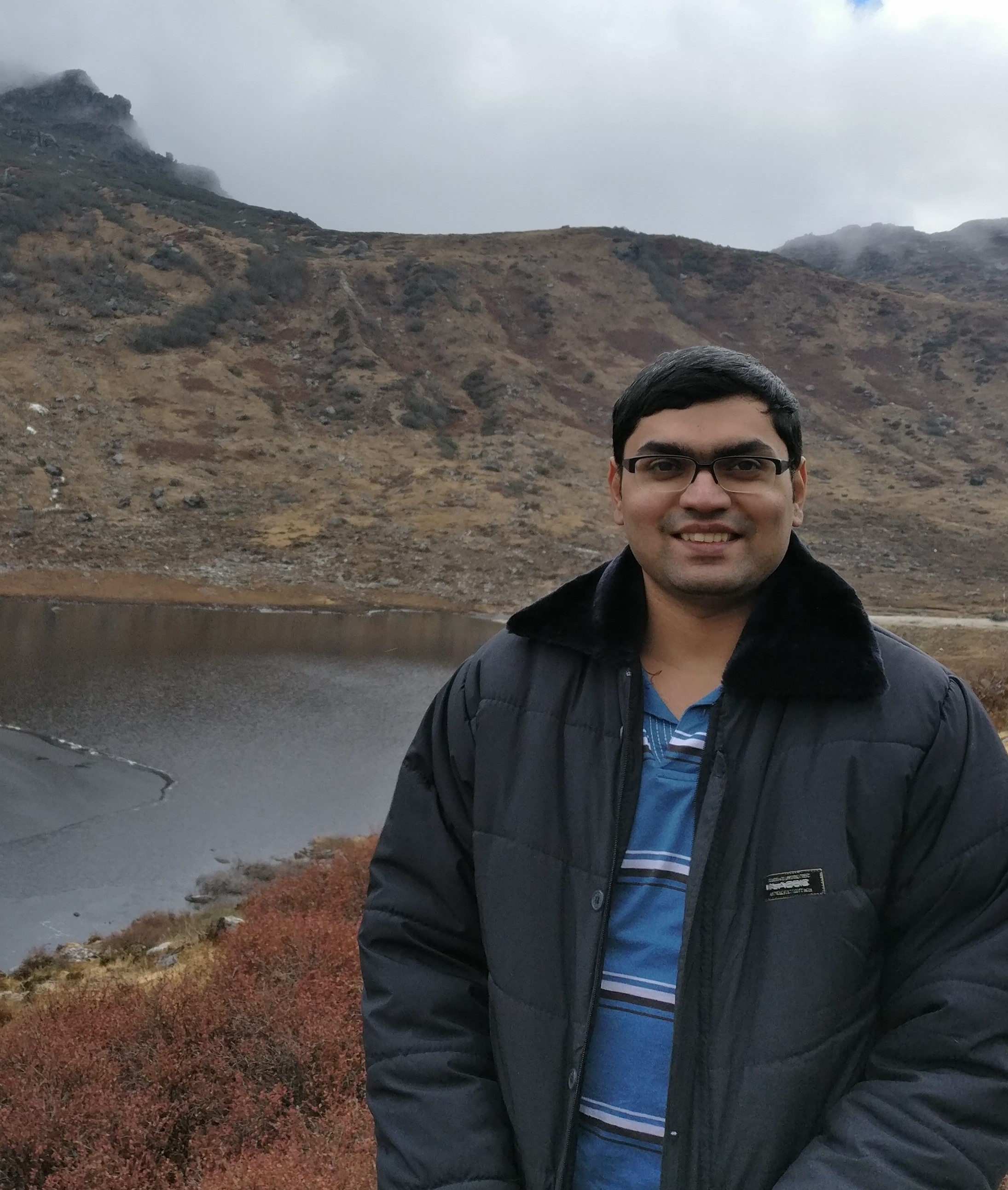Vignesh Subramanian
vignesh.subramanian[AT]berkeley[DOT]edu
Senior Research Engineer
PlusAI, Inc.
I am a Senior Research Engineer at PlusAI Inc. where I work on building deep learning models for perception and prediction in autonomous driving systems. I graduated with a PhD in the EECS department at UC Berkeley where I was fortunate to by advised by Prof. Anant Sahai.
My research interests lie primarily in the application of cutting-edge machine learning to solve real-world problems.Prior to joining UC Berkeley, I worked for two years at WorldQuant Research, India in Mumbai as Senior Quantitative Researcher.
I graduated from Indian Institute of Techonology, Bombay with a B.Tech + M.Tech (Dual degree) in Electrical Engineering and Minors in Computer Science and Engineering . I was awarded the Institue Gold Medal and Institute Silver Medal during my graduation. I was fortunate to have worked with Prof. Sibi Raj Pillai and Prof. V. Rajbabu on my Master's thesis.